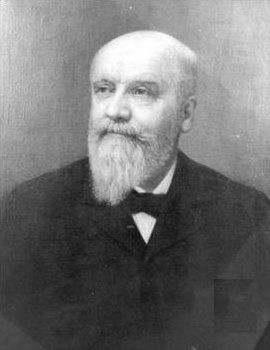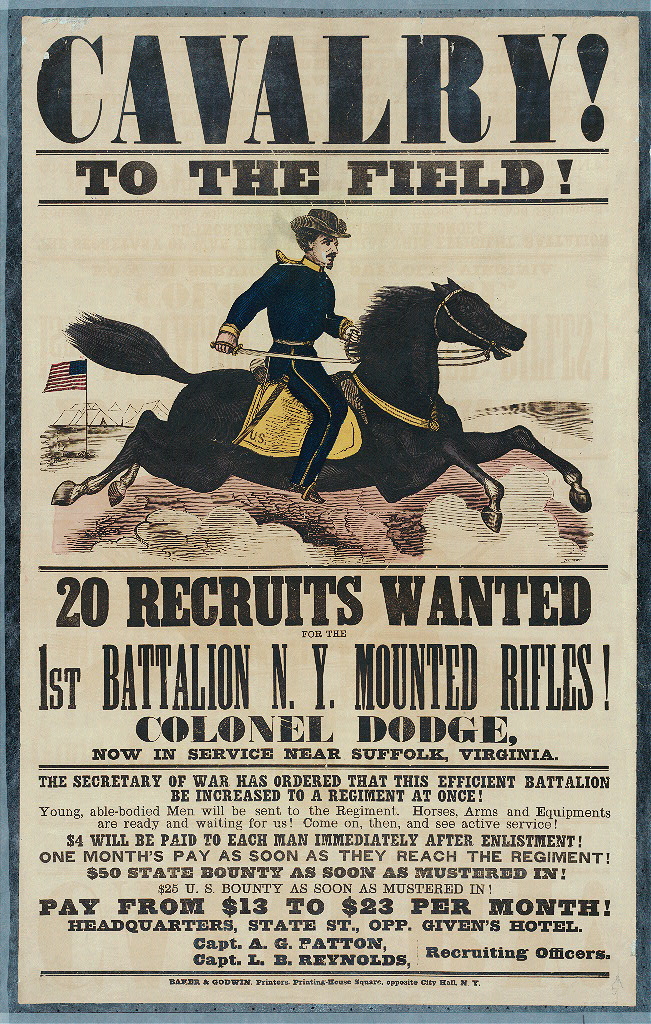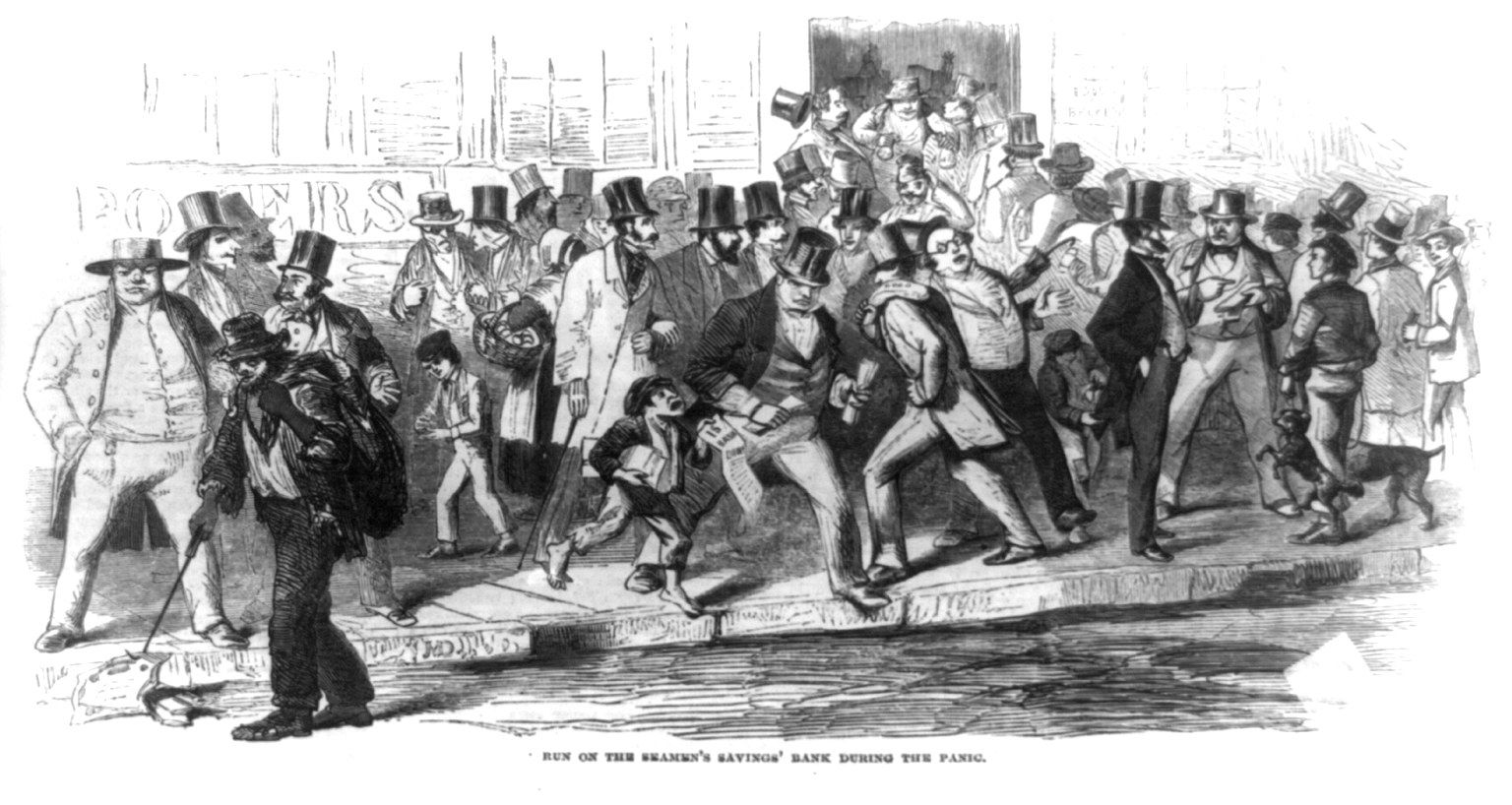|
Clinton Bowen Fisk
Clinton Bowen Fisk (December 8, 1828 - July 9, 1890) was a senior officer during Reconstruction in the Bureau of Refugees, Freedmen and Abandoned Lands and served as the Prohibition Party's presidential candidate during the 1888 presidential election. Fisk University was named in his honor after he endowed it with $30,000. Reavis L. Mitchell, Jr., "Clinton Bowen Fisk" , ''The Tennessee Encyclopedia of History and Culture'', 1998, accessed 3 Mar 2009 In addition, he helped establish the first free public schools in the for white and African-American children. Life Early life |
York, New York
York is a town in western Livingston County, New York, United States. Its population was 3,397 at the 2010 census. The Abbey of the Genesee in the town's hamlet of Piffard is locally famous due to the production of Monks' Bread. History In 1722, the Tuscarora people moved north to join other Iroquoian natives, the League of the Iroquois, and settled near modern Piffard. The town was first settled by Europeans around 1800. The town was formed in 1819 from parts of the towns of Leicester and Caledonia before the establishment of Livingston County. More territory was added from the town of Covington in 1823. Salt was found in 1883 near modern Retsof, leading to the formation of the New York Rock Salt Company. Further discoveries were made subsequently by the Empire Salt Company and American Rock Salt. The Linwood estate was added to the National Register of Historic Places in 1997. Notable people *Chester A. Arthur, US president *Moses Hayden, US congressman * John Chan ... [...More Info...] [...Related Items...] OR: [Wikipedia] [Google] [Baidu] |
Fisk University
Fisk University is a private historically black liberal arts college in Nashville, Tennessee. It was founded in 1866 and its campus is a historic district listed on the National Register of Historic Places. In 1930, Fisk was the first African-American institution to gain accreditation by the Southern Association of Colleges and Schools (SACS). Accreditations for specialized programs soon followed. It is the oldest institution for higher education in Nashville. History Founding Fisk Free Colored School opened on January 9, 1866, shortly after the end of the Civil War. It was founded by John Ogden, Erastus Milo Cravath, and Edward Parmelee Smith of the American Missionary Association for the education of freedmen in Nashville. Fisk was one of several schools and colleges that the association helped found across the South to educate freed slaves following the Civil War. The school is named for Clinton B. Fisk, a Union general and assistant commissioner of the Freedm ... [...More Info...] [...Related Items...] OR: [Wikipedia] [Google] [Baidu] |
Ulysses S
Ulysses is one form of the Roman name for Odysseus, a hero in ancient Greek literature. Ulysses may also refer to: People * Ulysses (given name), including a list of people with this name Places in the United States * Ulysses, Kansas * Ulysses, Kentucky * Ulysses, Nebraska * Ulysses Township, Butler County, Nebraska * Ulysses, New York *Ulysses, Pennsylvania * Ulysses Township, Potter County, Pennsylvania Arts and entertainment Literature * "Ulysses" (poem), by Alfred Lord Tennyson * ''Ulysses'' (play), a 1705 play by Nicholas Rowe * ''Ulysses'', a 1902 play by Stephen Phillips * ''Ulysses'' (novel), by James Joyce * ''HMS Ulysses'' (novel), by Alistair Maclean * Ulysses (comics), two members of a fictional group in the Marvel Comics universe * Ulysses Klaue, a character in Marvel comic books * Ulysses: Jeanne d'Arc and the Alchemist Knight, a light novel Film and television * ''Ulysses'' (1954 film), starring Kirk Douglas based on the story of Homer's ''Odysse ... [...More Info...] [...Related Items...] OR: [Wikipedia] [Google] [Baidu] |
Nashville, Tennessee
Nashville is the capital city of the U.S. state of Tennessee and the county seat, seat of Davidson County, Tennessee, Davidson County. With a population of 689,447 at the 2020 United States census, 2020 U.S. census, Nashville is the List of municipalities in Tennessee, most populous city in the state, List of United States cities by population, 21st most-populous city in the U.S., and the fourth most populous city in the southeastern United States, southeastern U.S. Located on the Cumberland River, the city is the center of the Nashville metropolitan area, which is one of the fastest growing in the nation. Named for Francis Nash, a general of the Continental Army during the American Revolutionary War, the city was founded in 1779. The city grew quickly due to its strategic location as a port on the Cumberland River and, in the 19th century, a railroad center. Nashville seceded with Tennessee during the American Civil War; in 1862 it was the first state capital in the Confederate ... [...More Info...] [...Related Items...] OR: [Wikipedia] [Google] [Baidu] |
American Missionary Association
The American Missionary Association (AMA) was a Protestant-based abolitionist group founded on in Albany, New York. The main purpose of the organization was abolition of slavery, education of African Americans, promotion of racial equality, and spreading Christian values. Its members and leaders were of both races; The Association was chiefly sponsored by the Congregationalist churches in New England. Starting in 1861, it opened camps in the South for former slaves. It played a major role during the Reconstruction Era in promoting education for blacks in the South by establishing numerous schools and colleges, as well as paying for teachers. History The American Missionary Association was started by members of the American Home Missionary Society (AHMS) and the American Board of Commissioners for Foreign Missions (ABCFM), who were disappointed that their first organizations refused to take stands against slavery and accepted contributions from slaveholders. From the beginning ... [...More Info...] [...Related Items...] OR: [Wikipedia] [Google] [Baidu] |
Oliver Otis Howard
Oliver Otis Howard (November 8, 1830 – October 26, 1909) was a career United States Army officer and a Union general in the Civil War. As a brigade commander in the Army of the Potomac, Howard lost his right arm while leading his men against Confederate forces at the Battle of Fair Oaks/Seven Pines in June 1862, an action which later earned him the Medal of Honor. As a corps commander, he suffered two major defeats at Chancellorsville and Gettysburg in May and July 1863, but recovered from the setbacks as a successful corps and later army commander in the Western Theater. Known as the "Christian General" because he tried to base his policy decisions on his deep, evangelical piety, he was given charge of the Freedmen's Bureau in mid-1865, with the mission of integrating the former slaves into Southern society and politics during the second phase of the Reconstruction Era. Howard took charge of labor policy, setting up a system that required freed people to work on former ... [...More Info...] [...Related Items...] OR: [Wikipedia] [Google] [Baidu] |
Newspapers
A newspaper is a periodical publication containing written information about current events and is often typed in black ink with a white or gray background. Newspapers can cover a wide variety of fields such as politics, business, sports and art, and often include materials such as opinion columns, weather forecasts, reviews of local services, obituaries, birth notices, crosswords, editorial cartoons, comic strips, and advice columns. Most newspapers are businesses, and they pay their expenses with a mixture of subscription revenue, newsstand sales, and advertising revenue. The journalism organizations that publish newspapers are themselves often metonymically called newspapers. Newspapers have traditionally been published in print (usually on cheap, low-grade paper called newsprint). However, today most newspapers are also published on websites as online newspapers, and some have even abandoned their print versions entirely. Newspapers developed in the 17th ... [...More Info...] [...Related Items...] OR: [Wikipedia] [Google] [Baidu] |
Guerrilla Warfare In The American Civil War
Guerrilla warfare during the American Civil War (1861–1865) was a form of warfare characterized by ambushes, surprise raids, and irregular styles of combat. Waged by both sides of the conflict, it gathered in intensity as the war dragged on and had a profound impact on the outcome of the Civil War. Background Guerrilla warfare in the American Civil War followed the same general patterns of irregular warfare conducted in 19th century Europe. Structurally, they can be divided into three different types of operations: the so-called 'people's war', 'partisan warfare', and 'raiding warfare'. Each had distinct characteristics that were common practice during the war. Operations People's war The concept of a 'people's war,' first described by Clausewitz in his classic treatise ''On War'', was the closest example of a mass guerrilla movement in the 19th century. In general during the American Civil War, this type of irregular warfare was conducted in the hinterland of the bord ... [...More Info...] [...Related Items...] OR: [Wikipedia] [Google] [Baidu] |
Confederate Cavalry
The American Civil War saw cavalry tactics move largely away from the offensive towards the defensive, with the emphasis on screening, raiding, and reconnaissance. Development of the rifled musket had also rendered the cavalry charge both impractical and detrimental. In the first half of the war, the Confederates enjoyed the advantage in cavalry, as southern men were more accustomed to the riding and shooting life, and most of the experienced cavalry officers from the regular army had chosen to side with the Confederacy. By the second half, from 1863 onward, the Union Army had gained an equal cavalry capability, through Benjamin Grierson's brilliant deception tactics in the Mississippi valley, and Philip Sheridan's aggressive movements, while in command of the Army of the Shenandoah at the end of the war in Virginia. Cavalry units proved highly expensive to maintain, and unscrupulous agents would often exploit shortages by supplying defective animals at exorbitant prices. ... [...More Info...] [...Related Items...] OR: [Wikipedia] [Google] [Baidu] |
George Armstrong Custer
George Armstrong Custer (December 5, 1839 – June 25, 1876) was a United States Army officer and cavalry commander in the American Civil War and the American Indian Wars. Custer graduated from West Point in 1861 at the bottom of his class, but as the Civil War was just starting, trained officers were in immediate demand. He worked closely with General George B. McClellan and the future General Alfred Pleasonton, both of whom recognized his qualities as a cavalry leader, and he was promoted to brigadier general of volunteers at age 23. Only a few days after his promotion, he fought at the Battle of Gettysburg, where he commanded the Michigan Cavalry Brigade and despite being outnumbered, defeated J. E. B. Stuart's attack at what is now known as the East Cavalry Field. In 1864, he served in the Overland Campaign and in Philip Sheridan's army in the Shenandoah Valley, defeating Jubal Early at Cedar Creek. His division blocked the Army of Northern Virginia's final retreat an ... [...More Info...] [...Related Items...] OR: [Wikipedia] [Google] [Baidu] |
Panic Of 1857
The Panic of 1857 was a financial panic in the United States caused by the declining international economy and over-expansion of the domestic economy. Because of the invention of the telegraph by Samuel F. Morse in 1844, the Panic of 1857 was the first financial crisis to spread rapidly throughout the United States. The world economy was also more interconnected by the 1850s, which also made the Panic of 1857 the first worldwide economic crisis. In Britain, the Palmerston government circumvented the requirements of the Bank Charter Act 1844, which required gold and silver reserves to back up the amount of money in circulation. Surfacing news of this circumvention set off the Panic in Britain. Beginning in September 1857, the financial downturn did not last long, but a proper recovery was not seen until the onset of the American Civil War in 1861. The sinking of contributed to the panic of 1857, as New York banks were awaiting a much-needed shipment of gold. American banks ... [...More Info...] [...Related Items...] OR: [Wikipedia] [Google] [Baidu] |
Matriculation
Matriculation is the formal process of entering a university, or of becoming eligible to enter by fulfilling certain academic requirements such as a matriculation examination. Australia In Australia, the term "matriculation" is seldom used now. In the late 1960s and early 1970s, all states replaced the matriculation examination with either a certificate, such as the Higher School Certificate (HSC) in Victoria and NSW, or a university entrance exam such as the Tertiary Entrance Exam in Western Australia. These have all been renamed (except in NSW) as a state-based certificate, such as the Victorian Certificate of Education (VCE) or the Western Australian Certificate of Education (WACE). Bangladesh In Bangladesh, the "Matriculation" is the Secondary School Examination (SSC) taken at year 10, and the Intermediate Exams is the Higher Secondary Examination (HSC) taken at year 12. Bangladesh, like the rest of Indian sub-continent, still uses terms such as Matriculation Exams and ... [...More Info...] [...Related Items...] OR: [Wikipedia] [Google] [Baidu] |







